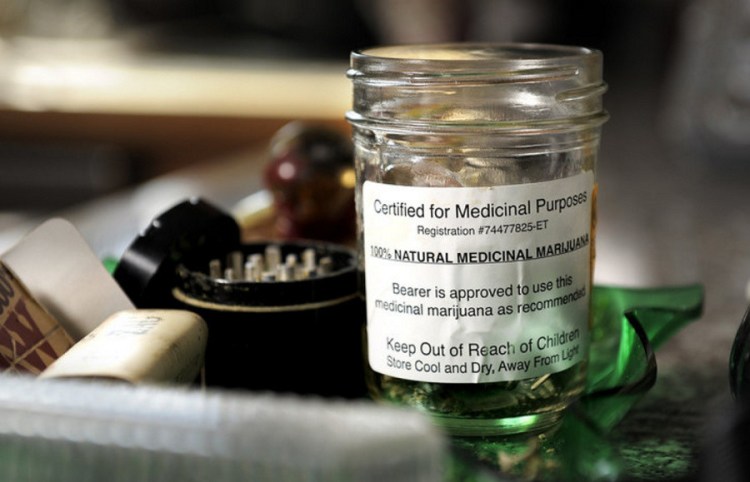Consensus is growing among Maine physicians that cannabis can effectively treat some medical conditions, and the number of people seeking prescriptions is rising right along with it.
But access to medicinal cannabis is still complicated by federal guidelines that hinder research on the effectiveness of medical marijuana and hamper the development of cannabis-based medications. Federal regulators should finally remove cannabis from the most dangerous class of drugs and enable thousands of doctors and patients to benefit from policymaking grounded in evidence, not outdated fears.
Over 300 doctors and nurse practitioners in Maine certify patients to use medical cannabis. Some have a background in holistic medicine, the Maine Sunday Telegram’s Gillian Graham reported this week. Others are skeptics swayed by improvements in patients who were able to trade hundreds of pills a month for medical cannabis.
Both advocates and providers say there aren’t enough caregivers willing to certify patients. Medical practices and doctors are concerned about the lack of evidence in favor of medical cannabis, as well as the lack of Food and Drug Administration approval for cannabis products, the Maine Hospital Association told the Telegram. And since health insurers don’t cover a medication unless it has the FDA’s endorsement, medical cannabis can be financially out of reach even for certified patients.
But the possibility of change is on the horizon. The U.S. Drug Enforcement Administration announced last week that it will decide by July whether to remove cannabis from its list of Schedule I drugs: dangerous substances, like heroin and LSD, without any “currently acceptable medical use.”
Of course, this status – which has been in place since 1970 – is self-perpetuating: It discourages scientists from doing the research on dosages, safety and effectiveness that’s needed for a medication to get federal approval. And it deters colleges and universities from funding studies that could be of value to millions. One example – an investigation into the use of cannabis to treat veterans with post-traumatic stress disorder – has been trying to get off the ground for several years.
Reclassifying medical cannabis won’t legalize it. What it will do is to pave the way for the gathering of hard evidence on whether the plant has medicinal value. We hope that all citizens, no matter what their political leanings, want their leaders to develop and implement an information-based drug policy – because all of us deserve better than to continue to be kept in the dark.
Send questions/comments to the editors.



Comments are no longer available on this story